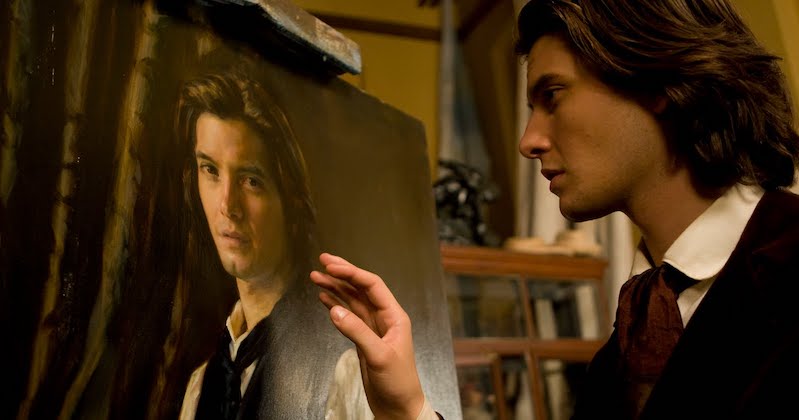These days, if you use your book review to call an author a pervert and instruct him to abandon writing for the sake of public morality, most reputable editors will palm you a paltry kill fee and mothball your screed.
Not so, it would seem, in 1890.
Here’s how an outraged book critic for The Scots Observer greeted the publication of Oscar Wilde’s now-iconic work of gothic literature.

The books that the world calls immoral are books that show the world its own shame.
“Why go grubbing in muck heaps? The world is fair, and the proportion of healthy-minded men and honest women, to those who are foul, fallen or unnatural is great. Mr. Oscar Wilde has again been writing stuff that were better unwritten; and while The Picture of Dorian Gray, which he contributes to Lippincott’s, is ingenious, interesting, full of cleverness, and plainly the work of a man of letters, it is false art—for its interest is medico-legal; it is false to human nature—for its hero is a devil, it is false to morality—for it is not made sufficiently clear that the writer does not prefer a course of unnatural iniquity to a life of cleanliness, health and sanity. The story—which deals with matters only fit for the Criminal Investigation Department or a hearing in camera—is discreditable alike to author an editor.
Mr. Wilde has brains, and art, and style; but if he can write for none but outlawed noblemen and perverted telegraph-boys, the sooner he takes to tailoring (or some other decent trade) the better for his own reputation and the public morals.”
–The Scots Observer, July 5th, 1890
